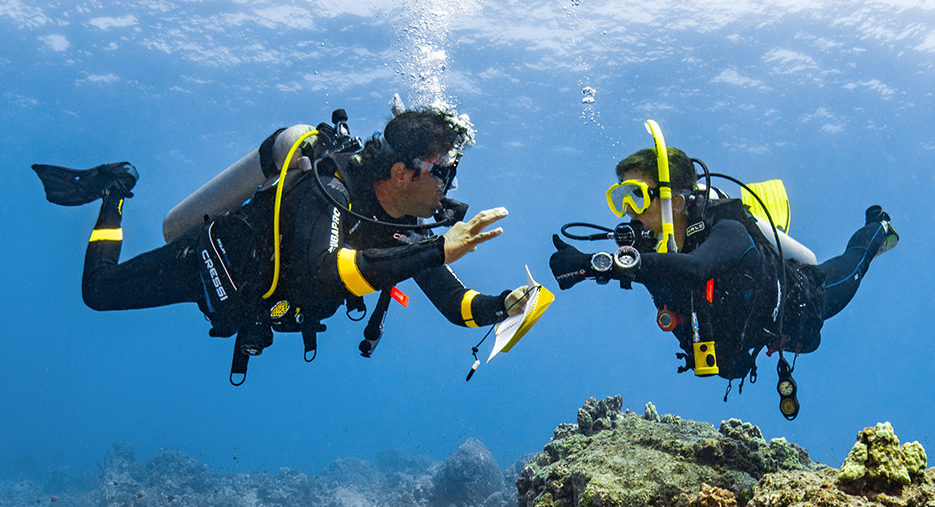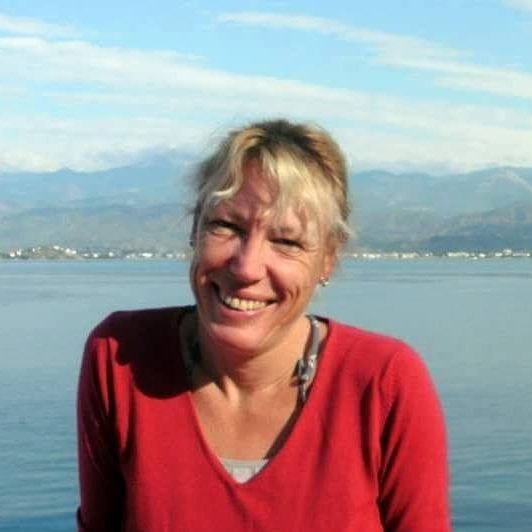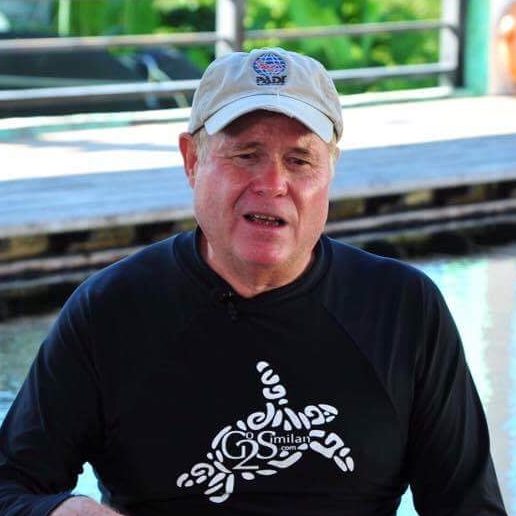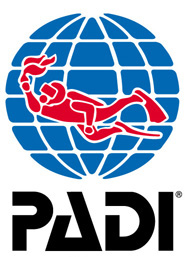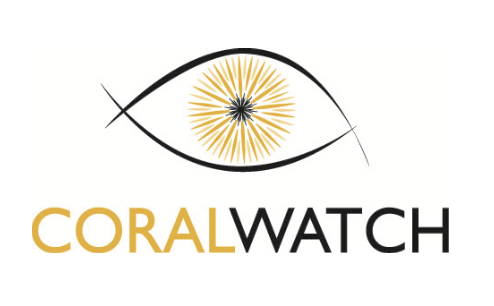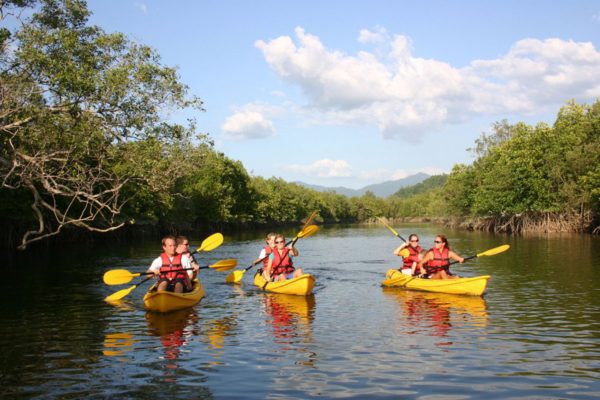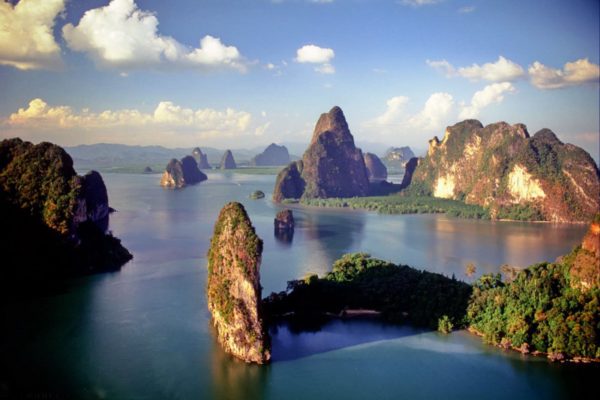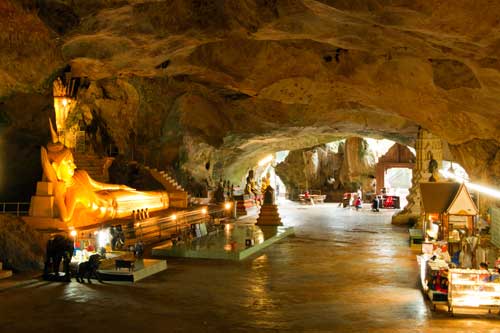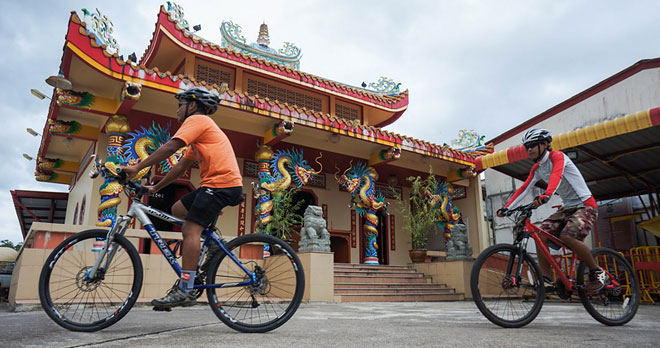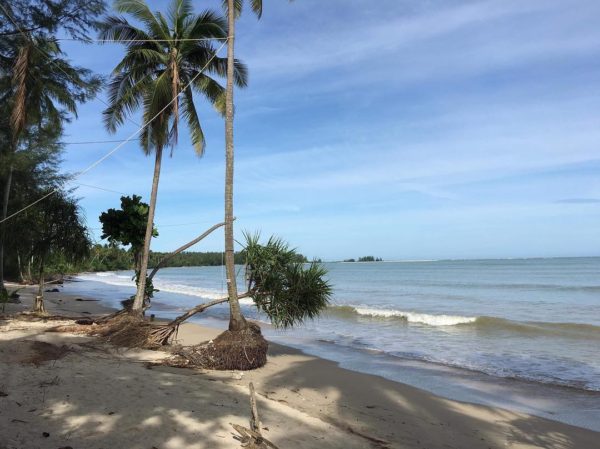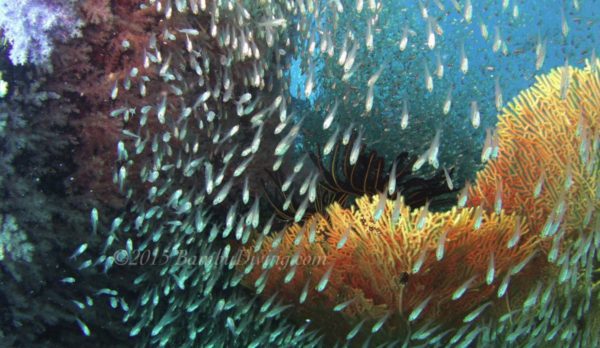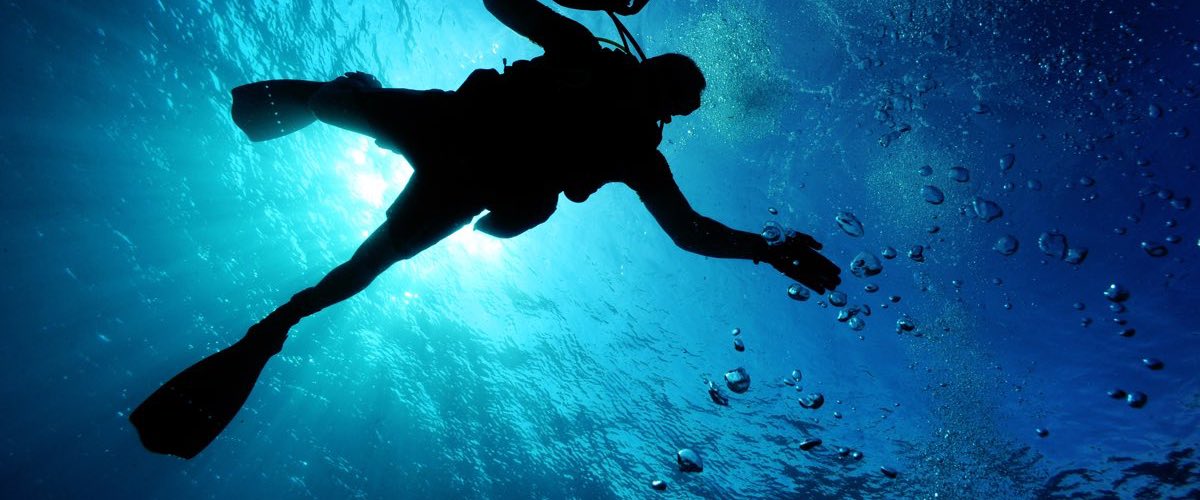Go2Similan aims for the most thorough training and our goal is to make you an employable Divemaster who is ready to go on to become an Instructor.
What is the Go2Similan Divemaster training program like?
You will sink into the world of scuba diving. Not just being taught, but actually working alongside your instructors on our courses, day trips and liveaboard trips, arranging and conducting trips to Khao Lak’s local dive sites. You will learn how a shop runs, how to coordinate a dive trip, to supervise divers in the water, and how to assist in teaching courses. Our Go2Similan Divemaster course is for the passionate diver – who wants more!
There’s a lot to take in. You will have an amazing time, with lots of new experiences – leading dives on the dive sites of the Similan Islands and Richelieu Rock with “your divers”. You will be looking after our guests safely as you share your passion for the marine life you see. Getting them and their equipment ready for the next dive.
In the shop you will get hands-on training for the real world – seeing how trips are planned and prepared for, getting equipment serviced and packed, and the unavoidable paperwork (there is always paperwork – especially in diving) ready for each guest.
When you join Go2Similan, you’ll see that things are different. We are passionate about safety and service. We are a small dive centre with a personal touch. You will be mentored through the internship with our own in-house Course Director, Ann Christmas, but you’ll work alongside lots of other instructors on the boats.
It is not often you can take time out of your life to live in the tropics, have fun, enjoy amazing Thai food, dive some of the best dive sites in the world (Similan Islands, Richelieu Rock, Koh Bon , Koh Tachai), visit white sand beaches and still end up with a career! So take this opportunity, and get in touch.

